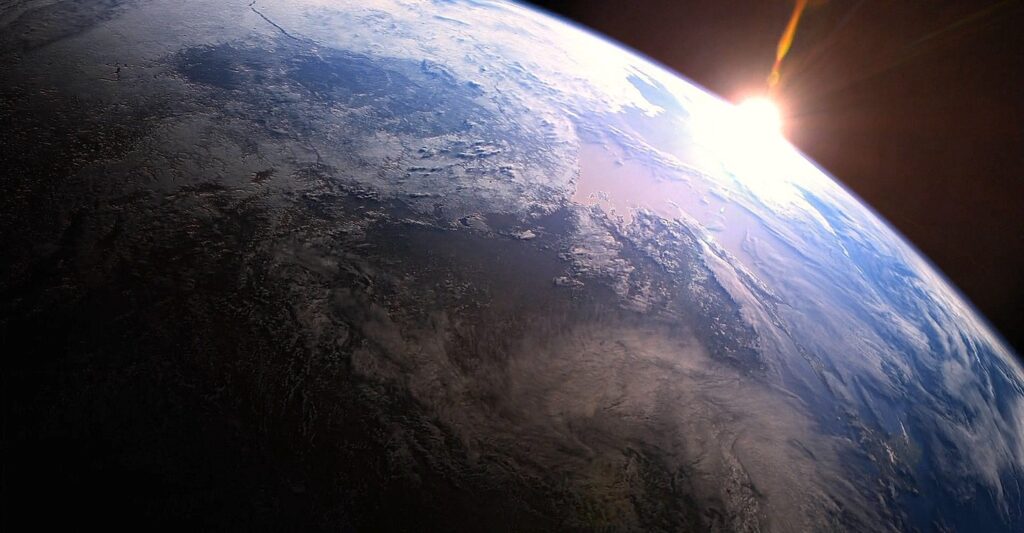
We live in a world divided. Why is that? I mean, we’re all part of the same species, genetically almost indistinguishable from each other. We all value our family and friends. We all share roughly the same sense of right and wrong. Our brains all process information in roughly the same way too. Math pretty much works the same for everyone. We all speak languages that work in the same way, so much so that we find remarkable the subtle concepts that one language may have that another lacks. Given all of the above, it seems like everyone in the world should be able to have a rational discussion about what we might be able to achieve and then work together to make it happen.
Something essential, however, is missing in our modern society, something we all share. When we lived in tribes, we were related to everyone. When we lived in villages, we knew everyone and shared a common history. As society grew larger though, we humans couldn’t rely on our familiarity with one another to forge that sense of common purpose. In order to extend society further, we began to develop collective stories that we all shared–sometimes those stories became a faith that brought us together at our core.
This common belief is critical for large societies. In some sense, it’s the very thing that defines them. In today’s world we’re suffering through a period of global integration. We’re facing issues of a global scale that require us all to cooperate, and yet we lack the common core that binds us together spiritually. This enables us to cast blame and dehumanize each other. Common action requires a common cause and common cause is born from common belief.
That’s why it’s critical for any belief we might propose as a common core from which to build a global society doesn’t come from the ancient traditions of any one culture. Such beliefs are doomed to failure when they attempt to spread across a global scale because no one is willing to suspend their ordinary way of thinking for a story from an ancient people they have no connection to. That’s why when I set out to create a new faith, I knew it had to be believable using our ordinary way of assessing the world–because only such a faith has even a chance of unifying a divided world.
Currently the closest thing we have to a unified faith in this world is capitalism. Regardless of what you may think of its particulars, it has certainly served admirably to facilitate human collaboration at a global scale. It suffers, however, from some short-comings that are becoming increasingly apparent. It’s a faith that drives increased productivity, at a time when we’re already over-exploiting our earth. It’s a faith reliant on the value of human labor, exactly when we have machines that are beginning to outperform us at all that we do. And it’s a faith that reduces human beings to economic units at a time when the institutions that used to celebrate our full humanity are in rapid decline.
Further, at the core of capitalism and all of humanity’s previous attempts at a unifying belief, has been a bit of denial about a truth of particular interest to this text, namey that we all shall one day die. Just as we’ve discussed how this denial damages our relationship with ourselves and those close to us, so too does society’s denial of death have real, material consequences. The good news, however, is that many of the same benefits I’ve outlined for our more personal relationships extend to society as well.
In what follows, we’re going to examine what our world might look like if it shared a common belief, a belief not economic in nature, but rather one that throws us back into the fullness of our humanity. We’ll consider a society born of a faith that requires us to put the truth ahead of what we want, a faith that requires us to look boldly at the future, and a faith so obvious that it can restore the sense of community and common cause so lacking in our world today.
I hope this excites you because we need a change. As humans, we’ve spent too long running from that which we fear. It’s time for us to stop, look bravely at what we know ourselves to be, and to reconsider the social institutions born of fear. Such institutions will never serve us well, and quite frankly, as humans, we’re better and braver than what we’ve settled for so far. I hope, by the end of this section to leave you with a vision, no matter how cursory or premature, of what we can become together, if only we each choose to believe that which we already know.
